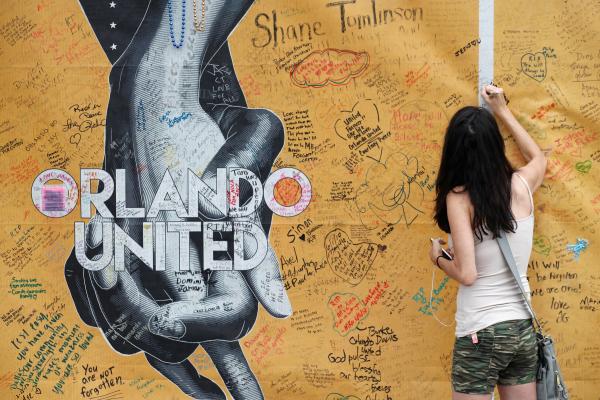Jun 12, 2017
Rosado was one of the first people to be called the morning of June 12. The body count from the Pulse nightclub shooting was still unconfirmed, but as names started to be released, it was clear that most of the victims were Latinx, particularly of Puerto Rican descent. Many of their families only spoke rudimentary English, a secondary tongue not suitable to communicate the nuance of such tragic news. Rosado remembers how most of the hospital staff did not speak Spanish, and consistently mispronounced the Hispanic names of the victims.
Read the Full Article

Already a subscriber? Login
